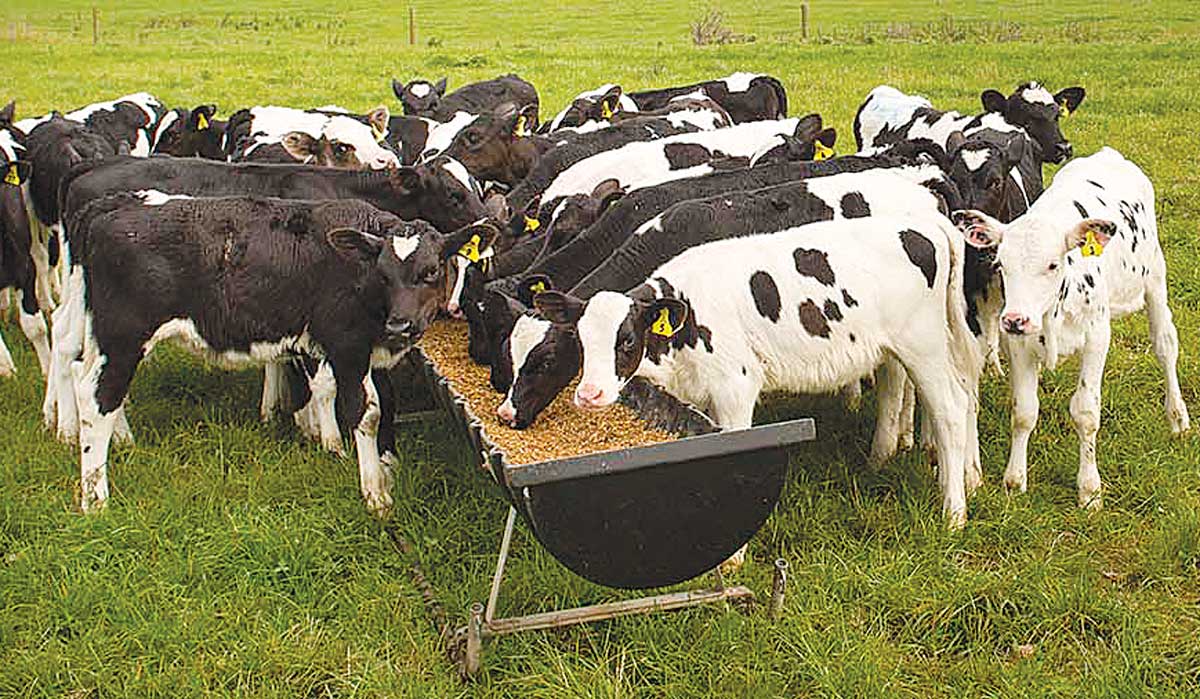DairyNZ opens applications for associate director role
DairyNZ is giving New Zealand farmers a unique opportunity to gain hands-on governance and leadership experience within the dairy sector.
DairyNZ’s annual economic survey shows Kiwi dairy farmers remained profitable in the 2021/22 season despite increases in operating expenses.
DairyNZ head of economics, Mark Storey, says it was positive to see operating profit at the time was up on previous years, with an increase to $4,150 per hectare for owner-operators.
However, at the same time, he says a record-high occurred in operating expenses, and over a year later, it remains a key challenge for farmers.
“It is good to see farmers managed increased expenses and, with careful management of costs and inputs, still being able to achieve higher-than-average operating profit,” says Storey.
He says that for the 2021/22 season, the industry was “fortunate” to see an above-average milk price of $9.19/kgMS which helped enable that success.
“However, farmers also experienced record-high operating expenses per kgMS,” he adds.
It was the second consecutive record-high for operating expenses, with an increase to an average $6.35/kgMS for 2021/22. On a per hectare basis, the most notable increases included fuel, fertiliser, and feed.
“Looking ahead, we are seeing many of these high costs, including high interest rates, being carried into this season, with operating expenses forecast to increase to around $6.78/kgMS,” says Storey.
He says feed continues to be the biggest on-farm cost, and it has been since the 2007/08 season, making it an important consideration for farmers seeking to control farm costs.
“Those farmers can consider strategic planning to reduce the cost of purchased feed by looking at opportunities for planting more crops or forward buying imported feed,” he says.
 |
|---|
|
Feed continues to be the biggest on-farm expense for many dairy farmers. |
Sharemilkers also recorded an increase in operating profit per hectare although higher milk prices were partially offset by a decrease in milksolids per cow.
Storey says the difference between farms with high and low operating profits is that top farmers are more efficient, with lower operating expenses per kgMS.
“That’s why it is important farmers are making a budget and considering how they will manage costs for the season ahead, with more operating expense increases expected,” he says.
The World Wide Sires National All Day Breeds Best Youth Camp Best All Rounder plaudit has become family affair, with 2026 Paramount Cup winner Holly Williams following in her sister Zara's footsteps.
DairyNZ is giving New Zealand farmers a unique opportunity to gain hands-on governance and leadership experience within the dairy sector.
Herd improvement company LIC has posted a 5.2% lift in half-year revenue, thanks to increasing demand for genetics.
According to the latest Fresh Produce Trend Report from United Fresh, 2026 will be a year where fruit and vegetables are shaped by cost pressures, rapid digital adoption, and a renewed focus on wellbeing at home.
The Roar is a highlight of the game hunting calendar in New Zealand, with thousands of hunters set to head for the hills to hunt male stags during March and April.
OPINION: The past few weeks have been tough on farms across the North Island: floods and storms have caused damage and disruption to families and businesses.
OPINION: Fonterra may be on the verge of selling its consumer business in New Zealand, but the co-operative is not…
OPINION: What does the birth rate in China have to do with stock trading? Just ask a2 Milk Company.